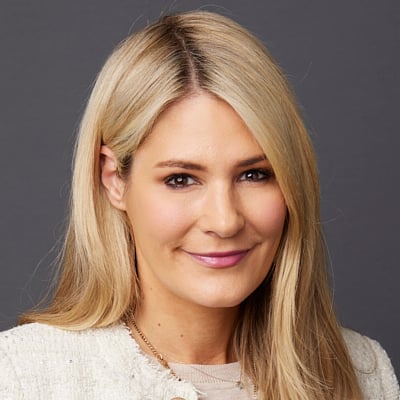A Defense Embrace for the ‘Accountability’ Theme
In this article for The Am Law Litigation Daily, partner Christa Cottrell discusses her observations of post-COVID juries and one particular theme resonating across the board with jurors: accountability.
Christa Cottrell of Kirkland & Ellis shared some insightful observations with me a few months ago about how she thinks the pandemic has affected potential jurors. Although those observations didn’t make it into the initial column I wrote shortly after my conversation with her, they’ve been echoing in my head recently as I’ve dug into the topic of jury selection a couple of times in the past two weeks in this column space.
So what did Cottrell have to say on the topic?
First off, Cottrell referred to the days before COVID as “the before times” as many of us do. “It does feel like that, in many ways, so much has changed,” she said. “I absolutely think that the post-COVID jury is different.”
For one, she said jurors now want products to be 100% safe. “Safe is the expectation,” she said. “You put it out there, it should work 100% of the time and be 100% safe,” she said of the juror attitude she often confronts. Here, Cottrell pointed me to the work of jury consultant Jill Leibold who has written about how jurors have been affected by “safetyism,” a societal trend over the past few decades putting the focus on worst-case scenarios and degrading our overall tolerance for risk.
Cottrell said she’s also seen a rise in burden-flipping and anti-corporate sentiment in the wake of the pandemic. As a defense lawyer, she said she’s always dealt with those issues, but they have “absolutely” increased since the pandemic. She said she’s unclear what’s behind that: Perhaps frustrations with how the pandemic was handled or with the state of the economy, she posited. But the uptick in burden-flipping and anti-corporate feelings is real, she said.
Now all that might sound bad for defendants, but Cottrell said that the rise in burden-flipping has been accompanied by one particular theme resonating across the board with jurors regardless of who is tapping into that theme: accountability.
Here’s how she explained it: “With COVID, we had to make a dozen choices a day about risk: Are you going to wear a mask? Are you not? Are you going to send your kids to school? Or are you going to do a pod? Are you going to go on that trip and take that flight? Are you not going to go on the trip?” Cottrell said. “And we all absolutely understood that with those choices came repercussions and risks.”
Cottrell said that daily risk-reward assessment seems to have made jurors more responsive to themes centered on whether parties have taken accountability for their own decisions in a variety of types of cases: employment, product liability, and even antitrust. “The more we can talk about the decisions that were made [and that they] were made knowing potential repercussions good or bad, the more success we’ve had,” she said.
She said those themes can be framed around “daily micro choices.” The key questions center on things such as: Did the plaintiff go to the doctor or not? Did the employee follow their manager’s direction at work or not? Did the antitrust defendant go to dinner with a competitor or not?
“Every micro choice, we can frame it around repercussions and risks, and accountability, generally,” she said. “It’s been landing in a way that I think we hadn’t seen it before.”
While Cottrell said she sees some negative news for defendants, she also sees a path through: “Really lean into the accountability and the choices that were made.”

